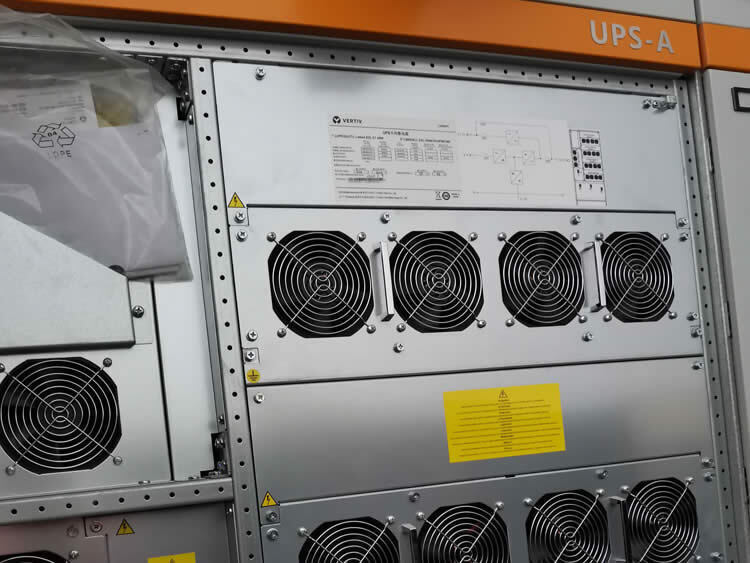This site uses cookies. Continuing to browse means you agree to our use of cookies.Cookies and Privacy Policy>![]()
This site uses cookies. Continuing to browse means you agree to our use of cookies.Cookies and Privacy Policy>![]()
Product dynamics of precision computer room air conditioning, UPS power supply, cold and warm dry wet, etc
Precision air conditioning, UPS power supply and other data center room products
Repair and maintenance of computer room air conditioning and precision air conditioning

Selecting the right Uninterruptible Power Supply (UPS) system mainly depends on a comprehensive assessment of your power requirements, equipment specifications, and operating environment. Below are some steps and key considerations to help you make the correct choice:
Load Assessment: First, determine the total power consumption of all devices connected to the UPS, including servers, network equipment, storage devices, etc. Be sure to account for potential future expansion by reserving additional capacity for new equipment.
Runtime Requirements: Based on your business continuity plan, decide how long the UPS needs to support your systems during a power outage. This will directly affect the battery capacity required.
Input Voltage and Frequency: Confirm that the input voltage and frequency of the UPS are compatible with local grid standards. Also consider the stability of output voltage and frequency in relation to the equipment being protected.
Types of UPS:
Standby (Offline): Suitable for personal computers or home offices, offering lower cost but longer transfer time.
Line-Interactive: Provides better voltage regulation and shorter transfer time, suitable for small business environments.
Online Double Conversion: Offers the highest level of power protection and is ideal for data centers and mission-critical applications, although it comes at a higher cost.
Redundant Design: To improve reliability and availability, consider using a UPS system with redundant design, such as an N+1 configuration—meaning one additional unit is installed beyond the required number to serve as a backup in case of failure.
Management Features: Modern UPS systems often come with software monitoring capabilities that allow real-time tracking of power status and battery health. These systems can automatically execute predefined actions during power events, such as sending alerts or performing a safe shutdown.
Efficiency and Energy Consumption: Choosing a high-efficiency UPS helps reduce energy consumption and operational costs, while also minimizing heat generation, which reduces the load on cooling systems.
Brand and After-Sales Service: Selecting products from well-known brands ensures better quality assurance and technical support. It's also important to understand the warranty period, repair services, and response times offered by the supplier.
By carefully considering all of the above factors, you can identify the most suitable UPS solution for your specific needs. When necessary, consulting with professional power engineers or consultants is also highly recommended.
Let me know if you'd like this translated into another language or formatted into a PDF, presentation, or technical document!